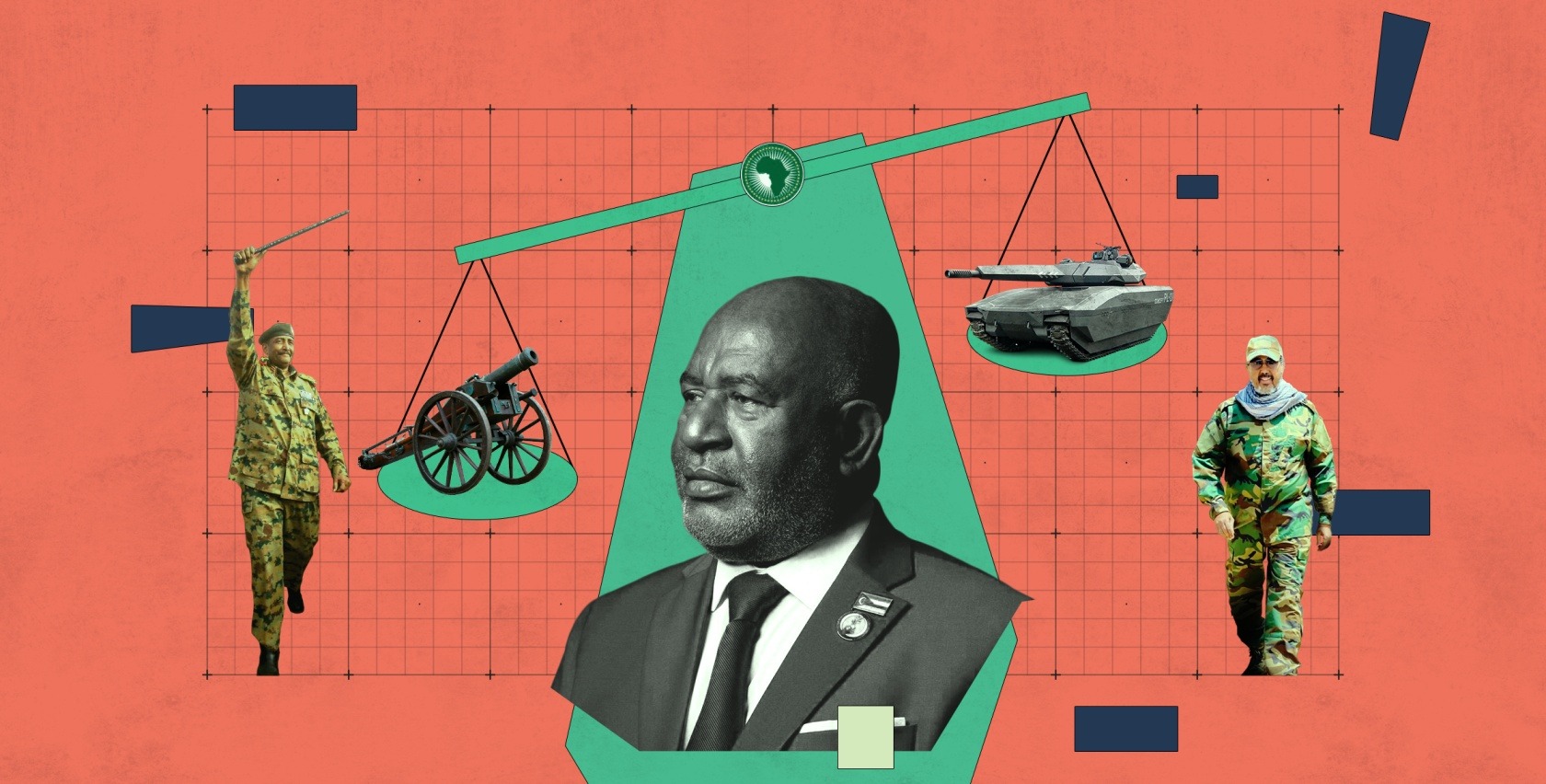‘Poetry Is Political’ Safia Elhillo’s First Draft
Sudanese poet, Safia Elhillo, feels very differently now about the idea of belonging than she did at the time of writing her award-winning collection, The January Children. Looking back, she was ‘so concerned with a sort of diasporic longing that centered nationhood and nationality as the primary sites of belonging, and I just really don’t believe that anymore.’







